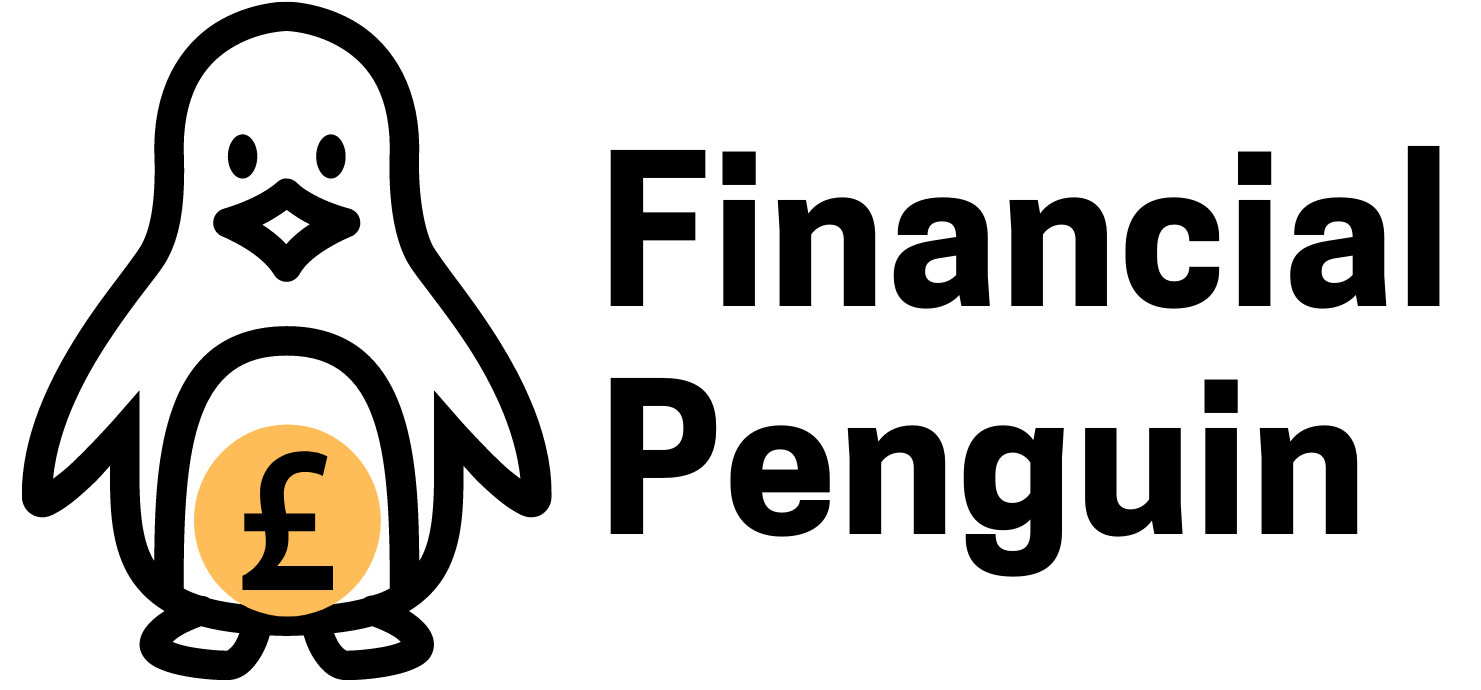Tax on Savings
Saving money is one of the best financial habits you can build. But while watching your interest grow is satisfying, it’s also important to know whether that interest could be taxed — and what you can do to keep more of your earnings.
In this article, we’ll explain when savings interest is taxed, what allowances exist to help you avoid it, and the best ways to protect your money from unnecessary tax.
Is Savings on Interest in the Taxed?
Yes — interest earned from savings (like a bank account, fixed-term deposit, or savings pot) is classed as savings income by HMRC. That means it can be taxed, depending on:
How much interest you earn
Your total income
Whether your savings are in a tax-free wrapper like an ISA
The good news? Most people won’t pay tax on their savings thanks to a few generous allowances outlined below:
1. Personal Savings Allowance (PSA)
- Basic-rate (20%) taxpayers: £1,000 tax-free
- Higher-rate (40%) taxpayers: £500 tax-free
- Additional-rate (45%) taxpayers: No allowance
This allowance applies to savings interest outside ISAs and helps most people avoid tax on smaller savings pots.
2. Starting Rate for Savings
If your total income (not including interest) is below £12,570, you can earn up to £5,000 of savings interest tax-free on top of your PSA.
This reduces £1 for every £1 your income goes above £12,570 — so it mainly helps those with low or pension-level incomes.
3. ISAs (Individual Savings Accounts)
Any interest you earn within an ISA is completely tax-free — regardless of income or tax band.
- Cash ISAs
- Stocks & Shares ISAs
- Lifetime ISAs
You can save up to £20,000 per tax year in ISAs. Even if you've used your PSA, ISA interest stays tax-free.
Imagine you earn £1,200 in interest this year and you’re a basic-rate taxpayer:
The first £1,000 is tax-free under the PSA
The remaining £200 is taxed at 20%, costing you £40
If you’d earned that £1,200 within an ISA, you’d pay zero tax
Do Savings in Premium Bonds Get Taxed?
Premium Bonds (from NS&I) are a bit different — they don’t pay interest at all. Instead, you’re entered into a monthly prize draw. If you win, the prizes are tax-free.
It’s a bit of a gamble (most people don’t win often), but Premium Bonds can be a tax-efficient option once you’ve maxed your ISA.
Do you need to tell HMRC?
Not always. If your interest is earned within an ISA or stays within your tax-free allowances (like the Personal Savings Allowance or Starting Rate for Savings), you don’t need to report it — HMRC doesn’t require you to do anything.
But you do need to tell HMRC if any of the following apply:
You earn more interest than your allowances cover (e.g. more than £1,000 if you're a basic-rate taxpayer)
You complete a Self Assessment tax return
You're self-employed or have multiple income sources
You receive a large amount of interest from non-ISA savings, investments, or property
In most other cases, HMRC will adjust your tax code automatically through PAYE, so the tax is collected without you needing to file anything separately.
Top Tips to Be Tax-Efficient with Savings
Interest earned in an ISA is always tax-free, no matter how much you earn. It’s usually the best place to save first.
If your income is under £17,570, you may qualify for the Starting Rate for Savings — up to £5,000 tax-free interest.
Both spouses get their own Personal Savings Allowance, so sharing savings can help minimise tax across a household.
Instead of interest, you get entered into a monthly prize draw. All prizes are tax-free — even if you win big.
Look for high-interest accounts that keep you within your tax-free limits. Rates vary widely, so compare regularly.
Summary
With the PSA, Starting Rate, and ISAs, most UK savers won’t have to worry about paying tax on their interest — especially if your savings pot is under £50,000. But as interest rates rise and your savings grow, it’s worth checking in on what you’re earning — and how much of it you actually keep.
Being aware of your allowances and using the right accounts can help you protect more of your money from tax — and that’s what smart saving is all about.
